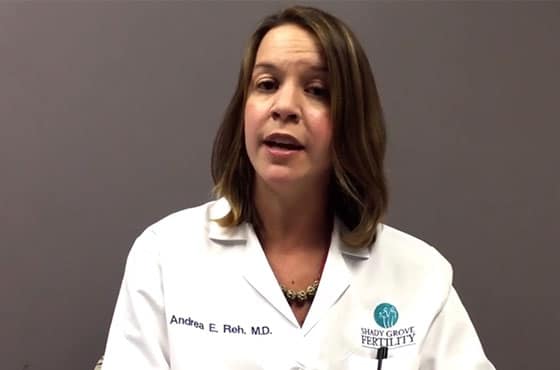Polycystic ovary syndrome (PCOS)
Polycystic ovary syndrome (PCOS) is caused by infrequent or absent ovulation — the body’s process of producing and releasing eggs from the ovary.
Essentially, people with PCOS have an inappropriate production of follicle-stimulating hormone (FSH) and luteinizing hormone (LH) that results in limited egg development and an increase in testosterone and other typically male hormones (androgens). People with PCOS also have abnormal insulin metabolism, which worsens with anovulation (no ovulation), increases androgens, and leads to obesity.
Indicators of PCOS
Symptoms
The hormonal imbalances experienced by people with PCOS can cause the following symptoms:
Causes
The cause of PCOS is not completely understood. It is clear that there is a genetic basis to the condition, as a person is more likely to develop the condition if their immediate family member has it. It is also known that disrupted signaling from the brain to the ovary affects ovarian hormone production, which further exacerbates, or worsens, the condition.
Diagnostic testing for PCOS
Your medical history and a pelvic exam are necessary for diagnosing PCOS. However, your physician may need other tests to confirm the diagnosis such as:
Treatment for PCOS
For people who are trying to conceive
Your treatment will depend on your specific needs. Obesity may make the condition worse, so losing weight may help improve the hormonal imbalance. If your goal is to become pregnant, then your doctor may prescribe a medication to stimulate ovulation. Common fertility treatments include oral medications to help with ovulation such as clomiphene citrate (Clomid, Serophene) and letrozole. Your doctor may prescribe a second oral medicine, such as metformin, a diabetes drug, which can help make the body more sensitive to insulin and lead to more regular ovulation.
Historically, Clomid has been the first line of treatment for PCOS. However, letrozole use has been increasing due to a possible increase in pregnancy rates. It’s important to note that if you haven’t conceived after three to four cycles of Clomid, you should consider a different course of treatment, such as intrauterine insemination (IUI) or in vitro fertilization (IVF).
For people who aren’t actively trying to conceive
Medications such as hormones or insulin metabolism can improve irregular or heavy periods and other symptoms. Early diagnosis and treatment can reduce the development of acne and facial hair.
FAQs
Learn more about PCOS
Success stories from patients with PCOS
Patient Story
Sara & Chad
Patient Story
Jessica & Kevin
Patient Story
Dani & Corey
Patient Story







